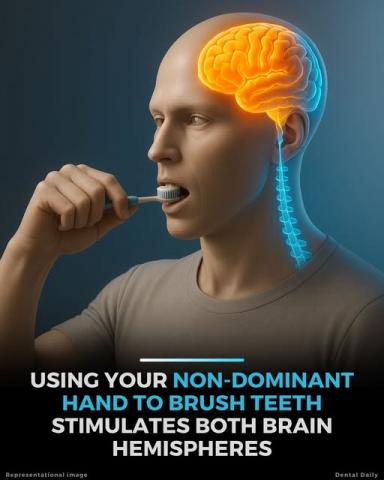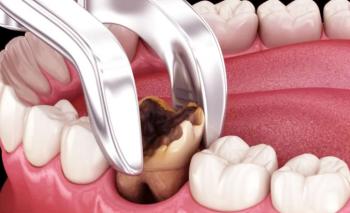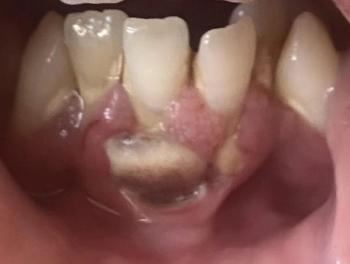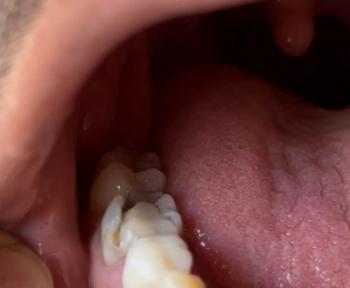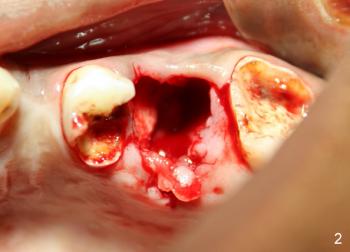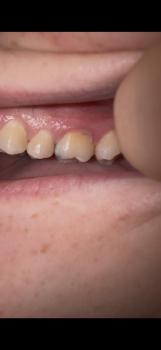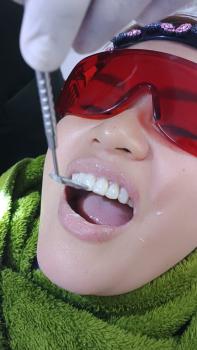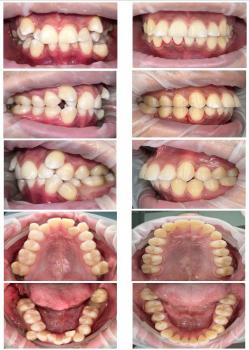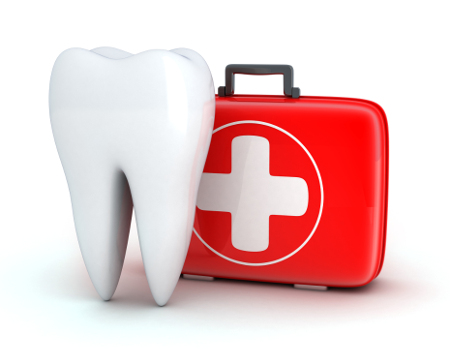From Pain to Perfect — We Care for Your Smile.
The Hidden Power of Toothbrushing: Why Filipinos Can Turn a Simple Habit into a Brain Exercise
In many parts of the Philippines, low-income families still use old or worn-out toothbrushes — not because they want to, but because financial challenges often make even basic dental products a luxury. While this highlights a need for greater access to affordable oral care, it also opens a surprising discussion: what if brushing your teeth could help not just your smile, but also your brain?
According to research, brushing your teeth with your non-dominant hand does more than just clean your mouth — it actually activates both sides of your brain. This unusual trick taps into neuroplasticity, the brain’s ability to form new connections and adapt to change.
When you switch hands, your brain is forced to think differently and coordinate new movements, strengthening communication between the left and right hemispheres. The result?
-Better focus
-Improved coordination
-Sharper memory
-Increased mindfulness
At first, it feels awkward — and that’s the point. That uncomfortable feeling means your brain is learning and expanding. It’s like a mini workout for your mind, right in your bathroom mirror.
For many Filipinos who reuse old toothbrushes due to limited means, this could be a reminder: even simple daily habits can boost both oral and mental health. Of course, replacing your toothbrush every three months remains important — but using what you have wisely can still bring unexpected benefits.
To make the most of this brain-boosting trick:
-Try brushing with your non-dominant hand once a week.
-Pair it with mental activities like puzzles, journaling, or learning a new skill.
- Always rinse and sanitize your toothbrush properly.
In a country where resilience and creativity often come from making the most of little, this small change is a beautiful reminder that growth doesn’t always require luxury — sometimes, it starts with a toothbrush.
healthy food:

